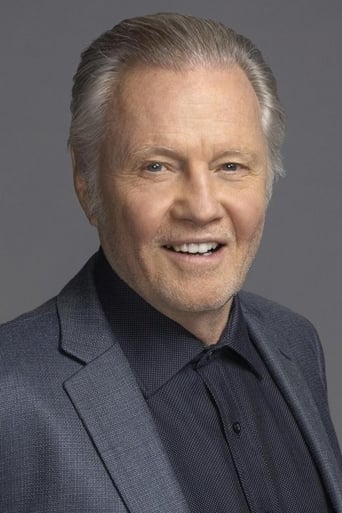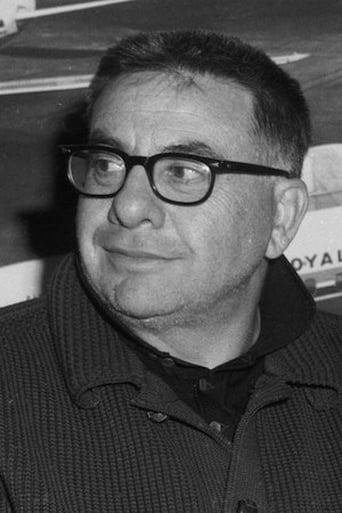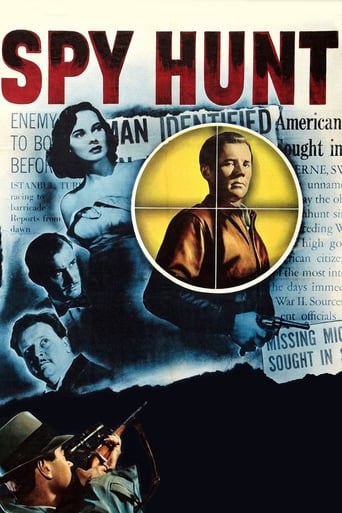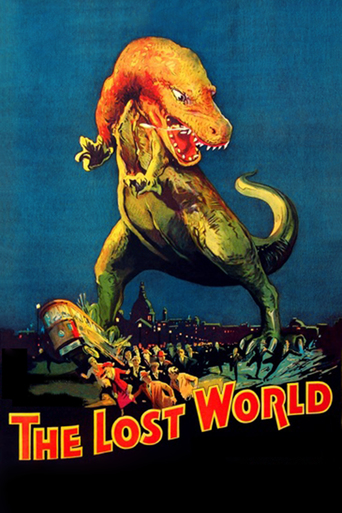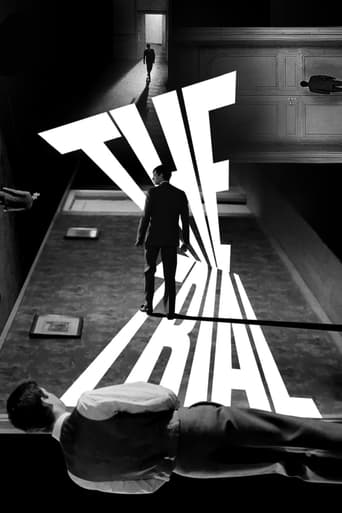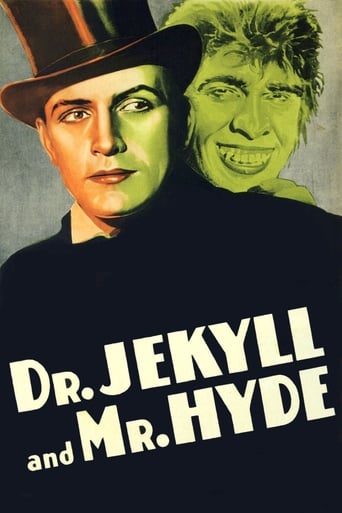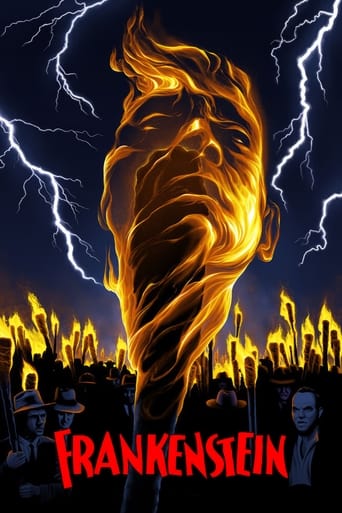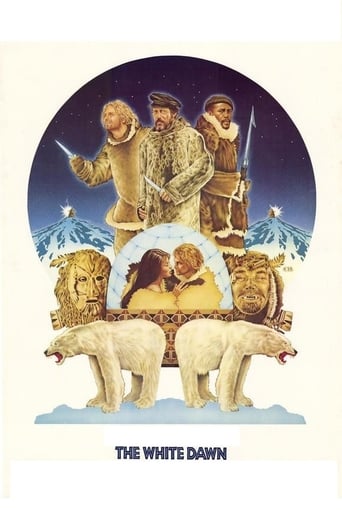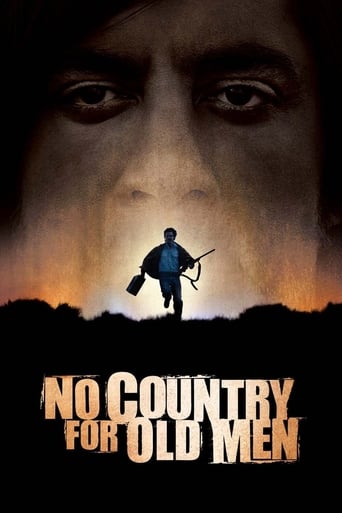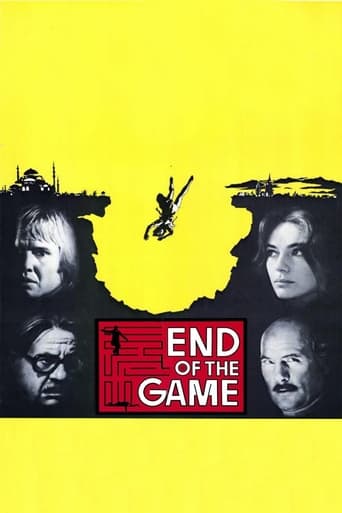
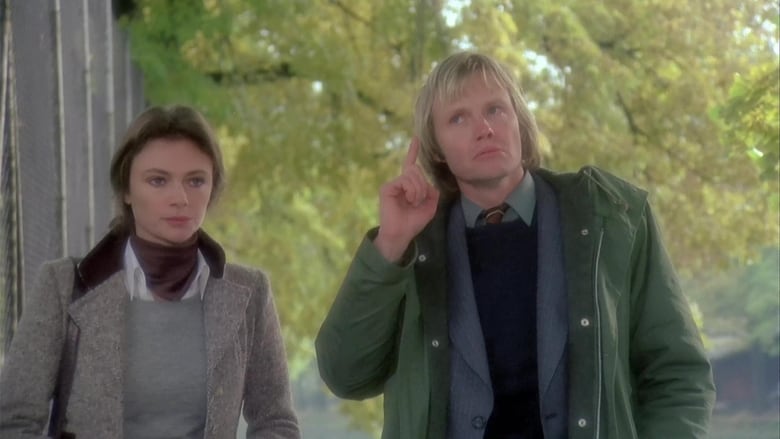
End of the Game (1976)
Hans Baerlach is a Swiss police detective who has dedicated much of his career to pursuing powerful and allegedly murderous businessman Richard Gastmann. Though Baerlach's partner meets his demise while investigating Gastmann, his replacement, Walter Tschanz, is undaunted. Meanwhile, the lovely Anna Crawley becomes involved in the case, which proceeds to take many twists and turns.
Watch Trailer
Cast


Similar titles
Reviews
Undescribable Perfection
Such a frustrating disappointment
Redundant and unnecessary.
Each character in this movie — down to the smallest one — is an individual rather than a type, prone to spontaneous changes of mood and sometimes amusing outbursts of pettiness or ill humor.
This "murder mystery" is "more than meets the eye" to the inexperienced.It's difficult to say "specific" things about this film without "spoiling" it.On the artistic level, it is everything that is "correct".I generally don't "and fool. Those of us who have lived in the hood (so to speak), hate to be manipulated, teased, and fooled.Here, though, it is not to "manipulate", not to "tease", not to "fool", but to "validate" the characters.What I can say is that there is a "mystical" quality as well as a "reality" quality, and the two do go hand in hand.That is to say that this might best be called "anti materialism". Here, we see the natural world is a slave to the supernatural world in a way that shows the reality of life at the same time.A bet is made, a sort of Satanic bet in which a "devil" character applies for the role of "Satan".Much as the "usual suspects" apply for the role of "Satan" and make the real Satan show them up in another movie.Except here, the one applying for Satan deals with many factors. He is well blessed, or else he would not be able to begin to apply for a "Satan" role to begin with.This is actually something that does happen in real life. There are actual factions of satanic people, particularly in the U.S. (though this is not set in the U.S.), who tantalize, tease, and torment certain individuals with heinous crimes they know the individual hasn't the resources to prove, solve, or even accuse.In this case, Europe is the setting. And the individual being teased has the benefit of being in some authority.There is much more in this film. I'm not one for twists, but this time the "twists" are not "shark jumping" twists. I don't give it a 10, because I don't like being manipulated at all, so sue me.But it gets the exceptional 9/10. There is much to like about this film, all around.
A countryside cop discovers the corpse sitting behind the wheel of a car, having been killed with a shot to the head and decides to cart the body off to the next village. It turns out the corpse (Sutherland) was policeman, Lt. Schmied, assistant of commissioner Baerlach (Ritt), a grizzled veteran, suffering from a stomach disease that will likely kill him within a year. Baerlach investigates and demands a new assistant: young, ambitious policeman Tschanz (Voight). They discover that Schmied had worked undercover, seemingly on in own account, and had investigated a certain Gastmann (Shaw), an ominous "businessman" who was connections with high-ranking politicians and officials. What ensues is a cat and mouse game, which involves not only the current case but a murder that took place decades ago, a bet between two friends, a self-appointed judge and his chosen hangman.I have to admit that Friedrich Dürrenmatts novel "The Judge and his hangman" is among my personal favorites, which I have read countless times (and still enjoy occasionally in the form of an audio-book). As far as adaptations go, Maximilian Schell has it spot on – however, I can understand how people who are not familiar with the novel will find the film awkward, sometimes strangely timed or even sketchy.It is not that Schell is a bad director, but that he had decided to stay very close to the novel: Dürrenmatt (who had a small part as a quirky novelist) is an exceptional writer, who doesn't care much for genres or conventions. "The Judge and his hangman" is not just a mere crime-story but a crime-story that's also a moral play, a pitch-black comedy and a social commentary. In essence it's about the past (or fate, if you want) catching up on people, even if it may be at the end of their lives.Ritt as disillusioned policeman with a past, often reminding off a Swiss Columbo, Shaw as nihilistic, cynic master-criminal and Voight playing his role (very close to the novel) as a man-child with cherub face that a grandmother would probably like to pinch but, like the rest of the characters, seems to have his own secret agenda; the cast is altogether excellent. Bisset, though very pleasant to behold, seems a little out of place (at least in the context of the novel, where her character plays a minor role at best) but Schell does a good job incorporating her into the story. Not to forget: Donald Sutherland must have had a field-day playing the most animated corpse since "Weekend at Bernie's". Story and performances are topped off by an excellent soundtrack of Ennio Morricone. "Once you've heard this music, it will never leave you completely", comments one of the figure on a marching band. I can only agree: I've had the haunting score creep up in my head ever so often for the past 30 years.A final word of advice: I have only watched the original version once and find it rather irritating or unfitting to hear the characters talk in English. In the German synchronization the actors (with the exceptions of Shaw and Bisset) are given throaty Swiss accents, which are way more "authentic".If you expect a run-of-the-mill who's dunnit, you might end up disappointed but as far as adaptations go, few have gotten as close to the source material as "End of the Game" (a title which is true, but I still prefer to call the film "The Judge and his hangman").8/10
"End of the Game," a 1975 film directed by Maximilian Schell, isn't a standard murder mystery. Set in Europe, Martin Ritt (Hans Baerlach) is a Swiss police detective trying to capture a man named Gastmann (Robert Shaw). Thirty years earlier, Gastmann killed a woman in front of Ritt and was never prosecuted. When Ritt's partner is killed, he gets a new one, Walter (Jon Voight).Ritt is excellent as a man determined to carry out this assignment despite facing death himself. Donald Sutherland, in an early role, plays the murdered detective in photos and as a corpse. The beautiful Jacqueline Bisset is the late detective's girlfriend. Robert Shaw is his usual hateful and smooth self. Voight does a good job, playing his role in a somewhat frenzied manner. He's also has a big nude scene."End of the Game" has a very European feel to it, and a host of accents from all over the place. It's unclear if they were all supposed to be speaking the same language or not. Accents aren't necessary, for instance, if you're a German living in Germany because you're not speaking English with an accent, you're speaking German. I suppose one can assume whatever language the characters were speaking, they had regional accents.Fascinating film, the type of which one saw made more in the '70s than today - uneven, remote, but interesting.
This very artsy movie has within it the elements of a fine noir thriller, but stumbles over its own excesses. First the good news: there are three superb performances here. Martin Ritt (best known as director of "Norma Rae","Hud", "Sounder", "The Spy Who Came in From the Cold", and many others), is superb as the weary but guileful old detective out to settle a score. So is Jon Voight as his newly assigned assistant; Voight's performance right from the beginning suggests he is a seriously unbalanced character and makes much of the remaining action plausible. Though dismissed by some reviewers as bad acting, this really was the only way to make this character work. Finally, Robert Shaw is the bloodless villain, recreating essentially the same character as he did the previous year in "The Taking of Pelham One, Two, Three." Now for the bad news: the plot is murky and the ending illogical; the direction and cinematography are grotesque (apparently there is more fog in Switzerland than London and Kodak had a special on grainy film); and the score is so whimsical that it suggests a parody of the genre. Best subtle scene: after Martin Ritt's character is apparently mauled by the Shaw character's guard dog, he (out of everyone's sight) removes a protective shield he had under his coat. That's a first clue that the old detective is up to something.


